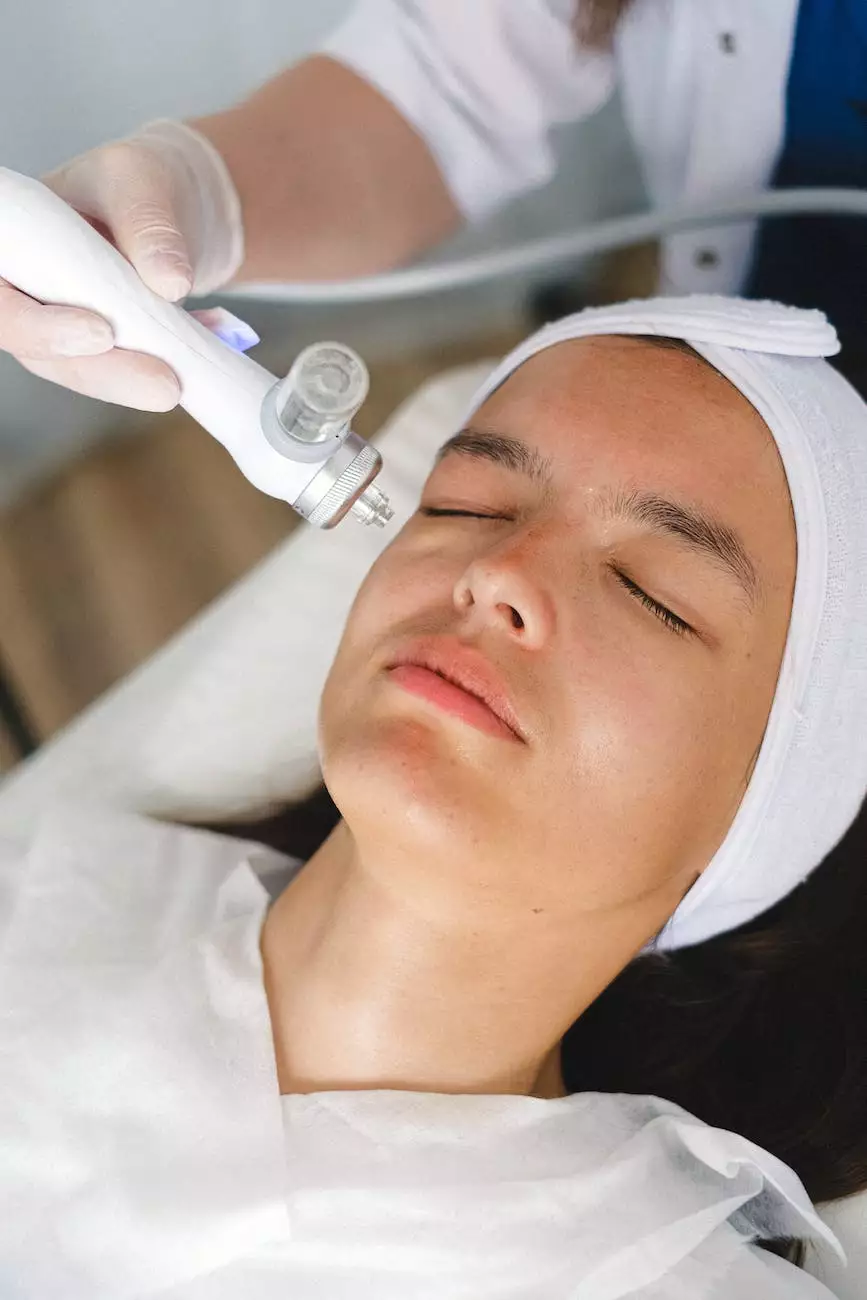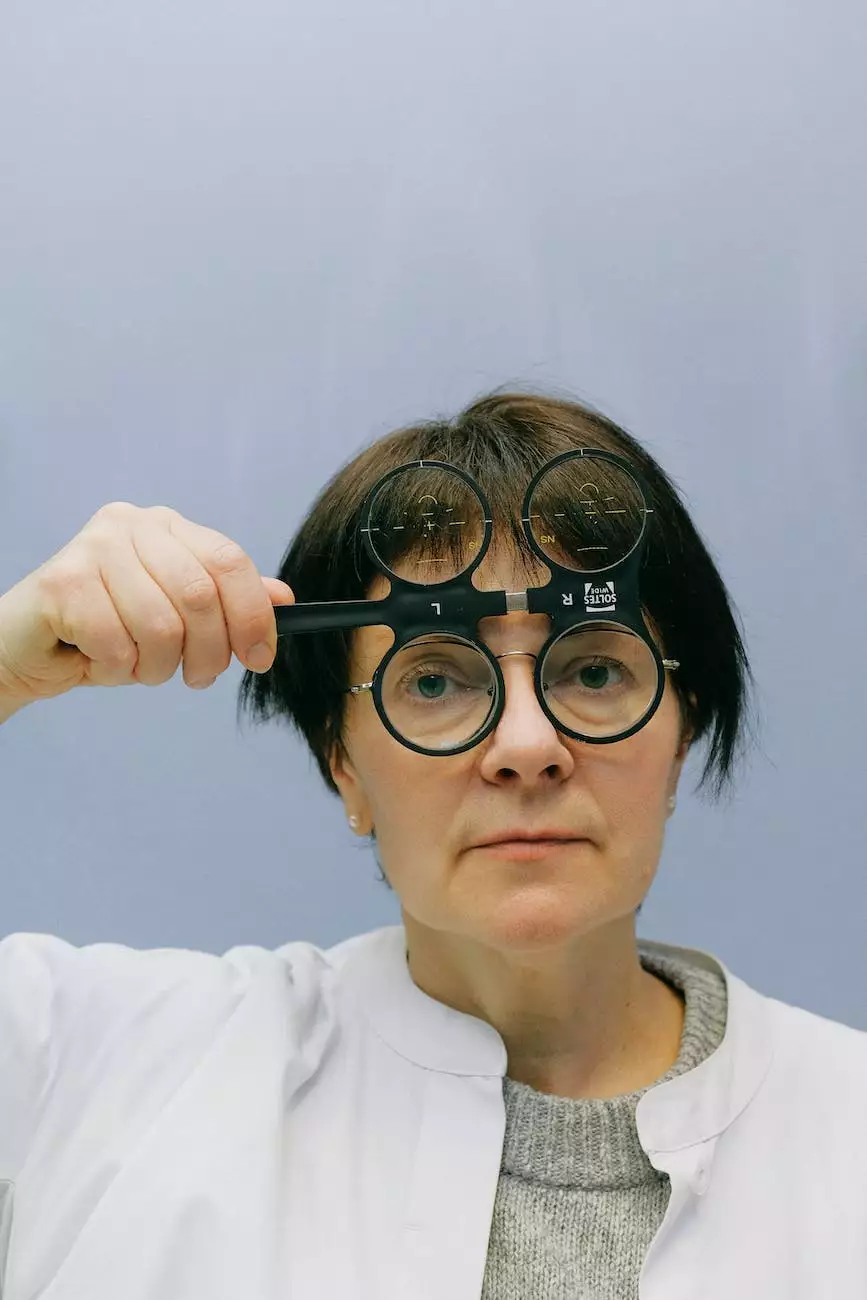Cataracts - Metropolitan Eye Center | Metro Detroit | LASIK

Understanding Cataracts and Their Impact on Vision
As we age, our eyes go through various changes, and one common condition that affects a significant number of people is cataracts. At Metropolitan Eye Center, located in Metro Detroit, we specialize in providing comprehensive eye care, including the diagnosis and treatment of cataracts. Led by David J Scholten, OD, PC, our team is dedicated to helping you regain clear vision and improve your overall eye health.
What are Cataracts?
Cataracts are a clouding of the lens in the eye, which leads to blurry vision and eventually a significant loss of vision if left untreated. The lens, normally clear and transparent, becomes increasingly opaque as cataracts develop. This cloudiness prevents light from passing through the lens properly, resulting in reduced visual acuity and clarity.
Causes and Risk Factors
While the exact cause of cataracts is not always known, several factors contribute to their development. The primary risk factors include:
- Age: Cataracts are more common in older individuals, and the risk increases with age.
- Genetics: Family history of cataracts may predispose individuals to develop them.
- Medical Conditions: Conditions such as diabetes or high blood pressure can contribute to cataract development.
- Eye Injury: Trauma to the eye can increase the likelihood of developing cataracts.
- Exposure to UV Radiation: Prolonged exposure to sunlight, especially without proper eye protection, can increase the risk of cataracts.
- Smoking and Alcohol Consumption: These lifestyle factors have been associated with an increased risk of cataracts.
Symptoms and Effects
Cataracts typically develop slowly and may not cause noticeable symptoms in the early stages. However, as the cataracts progress, the following symptoms may become more evident:
- Blurred or hazy vision
- Difficulty seeing at night or in low light conditions
- Sensitivity to light and glare
- Fading or yellowing of colors
- Frequent changes in eyeglass or contact lens prescriptions
If left untreated, cataracts can significantly impact daily activities, such as reading, driving, and performing routine tasks.
Treatment Options
At Metropolitan Eye Center, we offer various treatment options to address cataracts and improve vision:
- Prescription Eyeglasses: In the early stages, updating your prescription lenses may help improve vision.
- Cataract Surgery: When cataracts significantly impair vision, surgery is the most effective treatment option. During the procedure, the cloudy lens is removed and replaced with an artificial intraocular lens (IOL).
- Laser-Assisted Cataract Surgery: This advanced surgical technique uses laser technology to enhance the precision and accuracy of cataract removal.
Our experienced team will guide you through the entire process, ensuring personalized care and optimal results.
Prevention and Eye Care
While it may not be possible to prevent cataracts entirely, there are steps you can take to protect your eyes and maintain overall eye health:
- Wearing sunglasses with UV protection when outdoors
- Maintaining a healthy diet rich in vitamins and antioxidants
- Quitting smoking and moderating alcohol consumption
- Regularly visiting your eye care professional for comprehensive eye exams
Contact Metropolitan Eye Center Today
If you are experiencing symptoms of cataracts or are seeking expert eye care in Metro Detroit, contact David J Scholten, OD, PC at Metropolitan Eye Center. Our team of skilled professionals is committed to providing exceptional eye care services, including cataract diagnosis, treatment, and other vision correction options such as LASIK. Don't let cataracts hinder your quality of life - schedule an appointment today.









